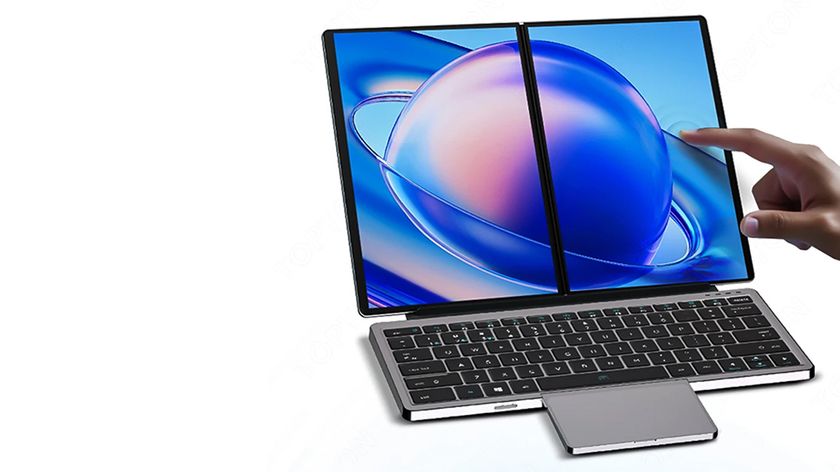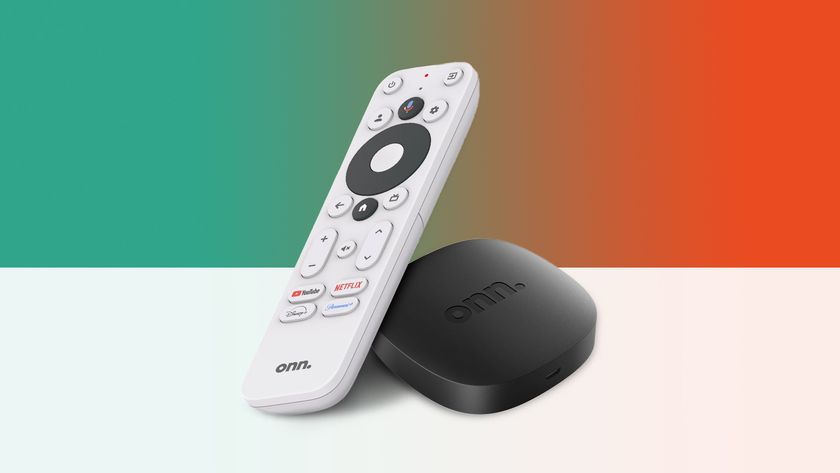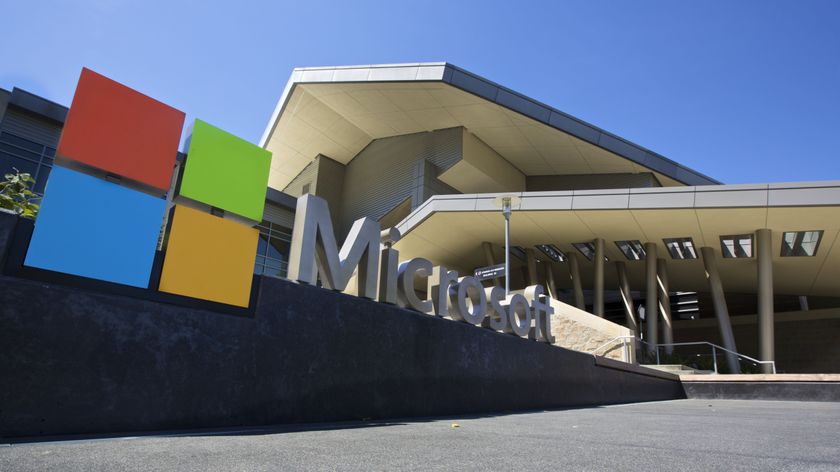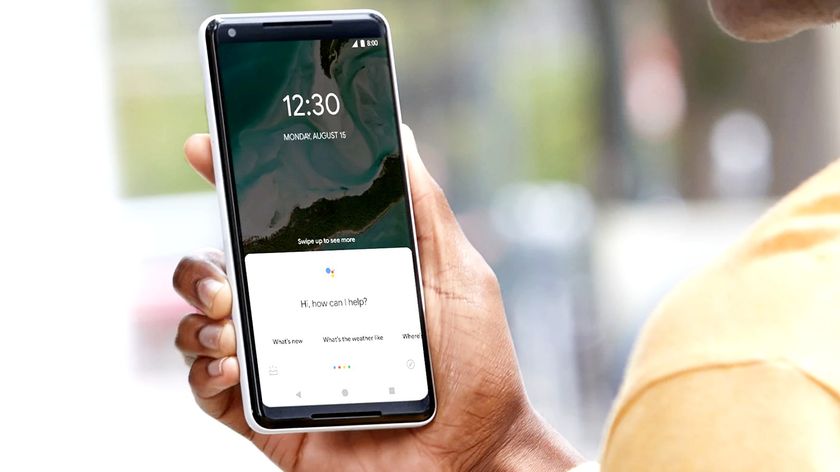Did Singapore's technology-driven tracking help it combat coronavirus?
Fresh spike in positive cases raises uncomfortable questions
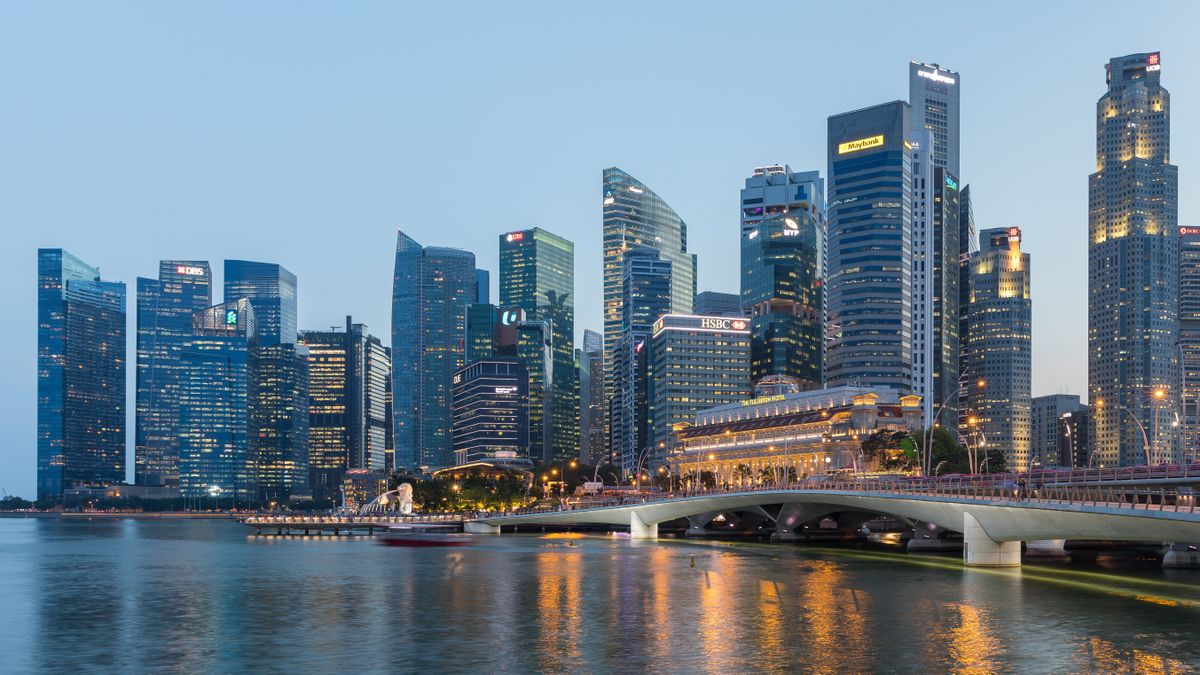
Just a week back, Singapore was basking in global acclaim for its early action against the Covid-19 pandemic. But today, there is widespread scepticism over its approach as the Asian nation reported its highest daily increase of coronavirus cases.
According to reports, an additional 447 cases are confirmed, bringing the total to 3,699 in the country. Of the new cases, more than 400 infections ---about 90% --- are linked to facilities that house the migrant workers in close quarters.
Even as the country, which is already in lockdown, battles to tackle the spread of virus, questions are being raised over the efficacy of its earlier approach that involved widespread use of technology.
The Singapore government went into action mode in January itself, isolating the first recorded case and tracing that person's contacts. Within a few weeks, the government came up with a 'Trace Together' app (available both on Android and Apple platforms), and it had more than a million people using it as of last Tuesday (April 14).
The app, the like of which is in use in a few other countries too, uses your phone's Bluetooth function to show health authorities your network of contacts in recent days - the app's website asserts that all the data is anonymized, so no names or identifying info will be transmitted.
That way, if a person tests positive for Covid-19, health authorities can send an anonymous warning to other people with the app whose phone was near the person's phone in the previous days. This alerts those people to self-isolate and seek testing.
The Singapore approach initially seemed to work with a robust testing regimen for both viral DNA and tests for viral antibodies (this 'serology' test will confirm whether you have been exposed to the virus and recovered, meaning you are likely immune).
Get daily insight, inspiration and deals in your inbox
Sign up for breaking news, reviews, opinion, top tech deals, and more.
But as the world began to go into lockdown by mid-March, many Singapore natives were sent home. And although they were tested and isolated if needed, there is a sudden spike in the number of infected persons.
Singapore is a smallish country with rigorous controls in place. The country's health infrastructure is also described as robust and efficient. In other words, it is exactly the kind of place where technological systems can work most efficiently.
Despite all this, if Singapore is facing a massive challenge, it only underlines the enormity of the problem facing the world on its face. And technology may not be the savior in these extraordinary times.




